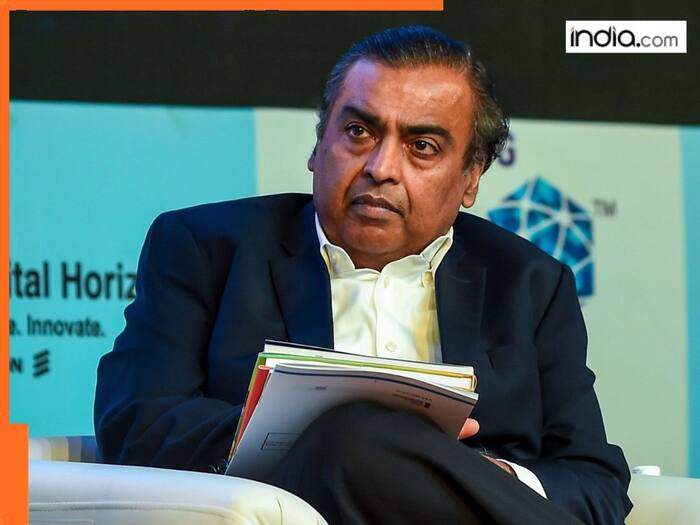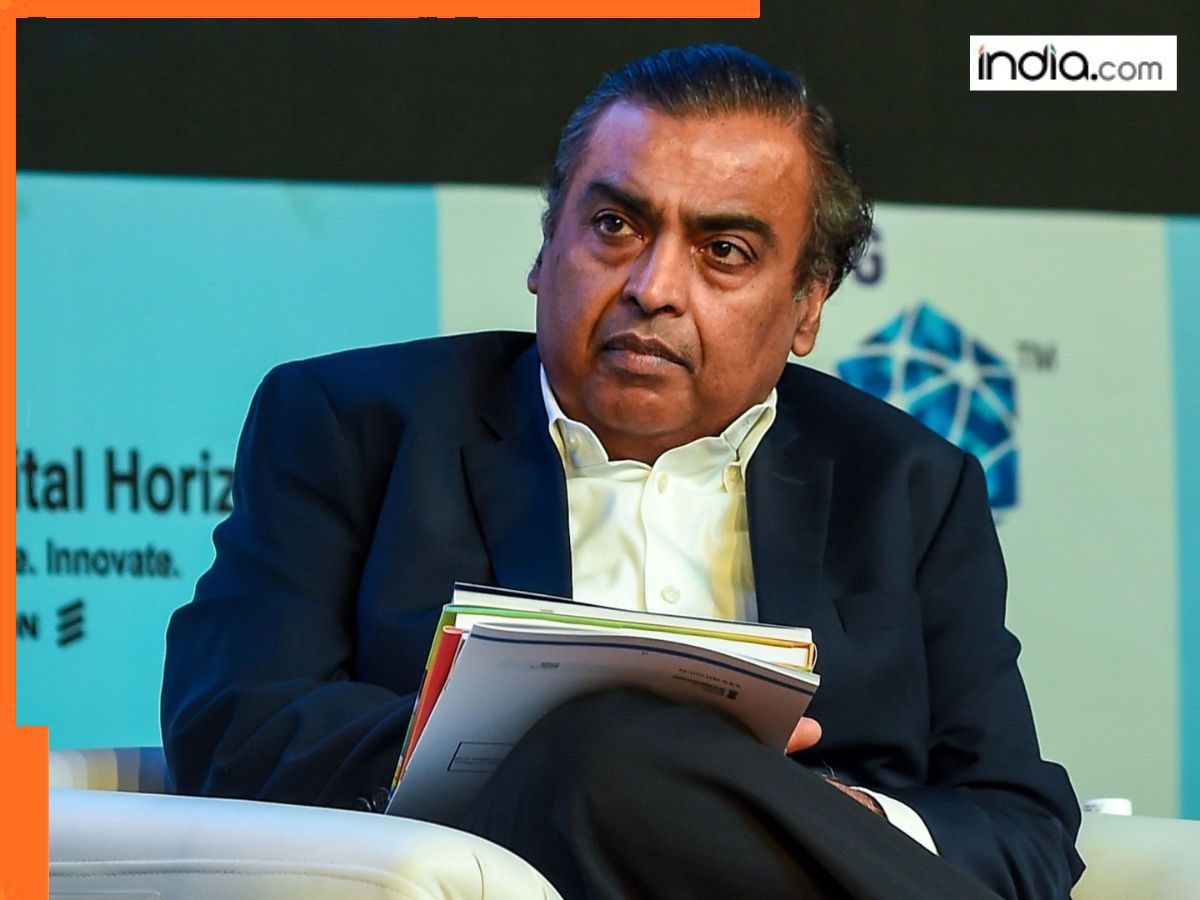Uday Shankar will provide strategic guidance and drive growth for the joint venture of Reliance-Disney media business.

The recent $8.5 billion merger between Disney’s Star India and Reliance’s Viacom18 has created a broadcasting powerhouse that could drastically change cricket broadcasting and the economics of the sport. In an interview with India Today, Uday Shankar, Vice Chairperson of the joint venture, emphasized that the new entity would no longer chase cricket broadcasting rights out of a “fear of missing out” (FOMO), signaling a significant shift in industry dynamics.
Cricket Rights: Major Revenue Source
The Board of Control for Cricket in India (BCCI), the world’s richest cricket board, has long relied on broadcasting rights for revenue, including for the Indian Premier League (IPL) and other domestic and international matches. Similarly, the International Cricket Council (ICC) depends heavily on media rights revenue, particularly from the Indian subcontinent, with India’s participation being a key driver of global viewership.
This dominance has historically resulted in massive bidding wars for media rights. For instance, the IPL’s 2023–2027 media rights cycle saw an unprecedented 196% surge in value, from Rs 16,347.5 crore (2018–2022) to Rs 48,390.5 crore, driven by intense competition between Star India and Viacom18. However, the merged entity may now take a more cautious approach.
Uday Shankar On Cricket Broadcasting Rights
Mukesh Ambani’s led, Reliance-Disney Media JV, Vice Chairperson, Uday Shankar, while speaking about cricket broadcasting rights highlighted concerns about the sustainability of skyrocketing bidding prices.“Sports bodies globally have benefited and feasted on the deep, passionate loyalty of sports fans. They’ve capitalised on the fear of missing out (FOMO) that media companies face. We no longer suffer from FOMO. If we don’t bid for the next cycle of ICC rights, we can comfortably sit it out, and it won’t make a dent in our business,” Shankar explained in an interview with India Today.
This approach could disrupt the cricket ecosystem. If major players like Star-Viacom choose to sit out of future auctions, the exponential growth in broadcast revenue critical for cricket boards like the BCCI—could slow, raising concerns for administrators.
Emerging Trends in Sports Broadcasting
The merger comes amid broader changes in the broadcasting landscape, with streaming giants like Netflix entering the sports arena, acquiring rights for high-profile events like the boxing match between Mike Tyson and YouTuber-turned-boxer Jake Paul.
As the Star-Viacom18 merger positions itself strategically in the market, the cricket broadcasting revenue model may face a period of recalibration, potentially reshaping the dynamics of global sports and entertainment broadcasting.
Shankar is a media veteran who started his career as a journalist and has held executive roles in the media and entertainment industry. He is also the founder and director of Bodhi Tree Systems.

